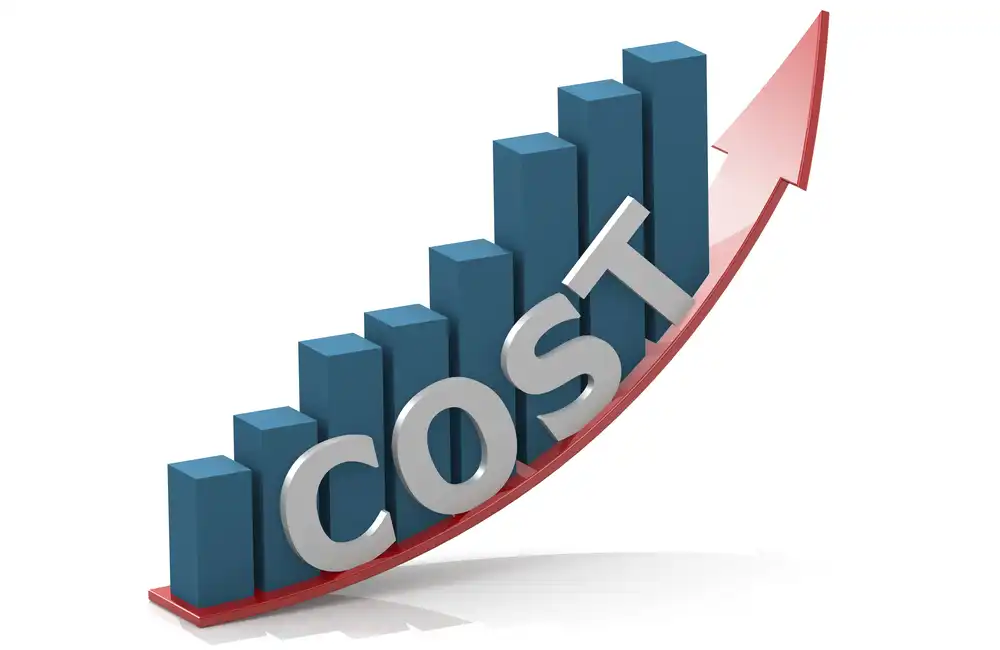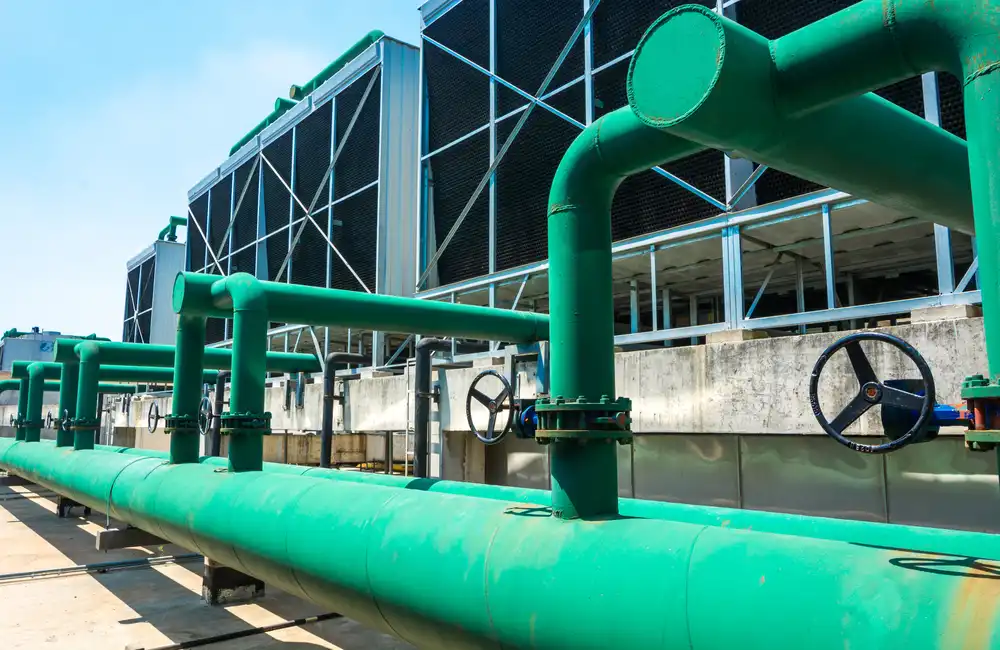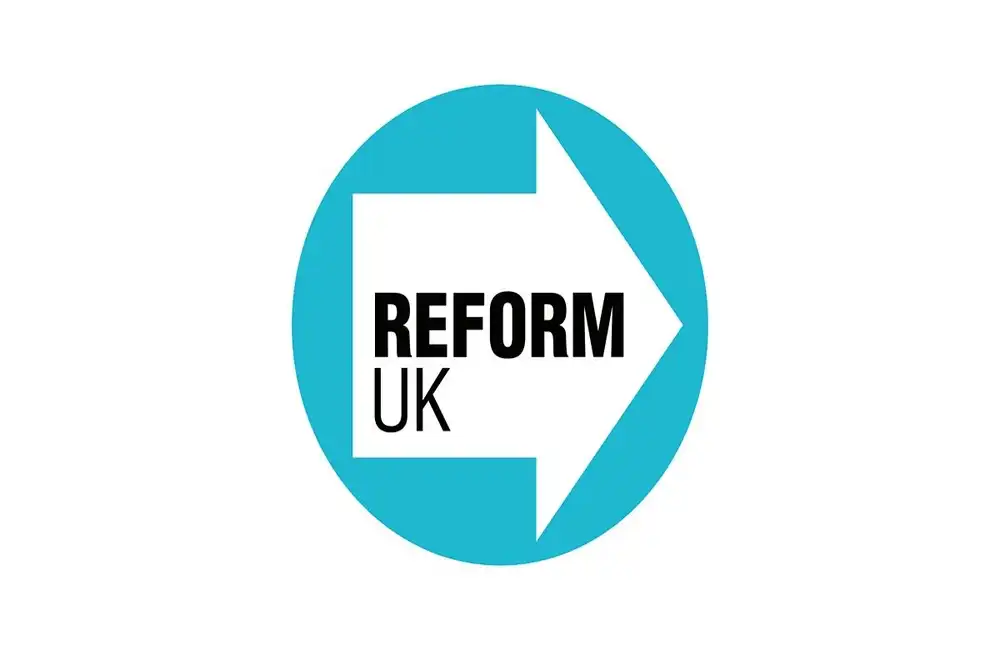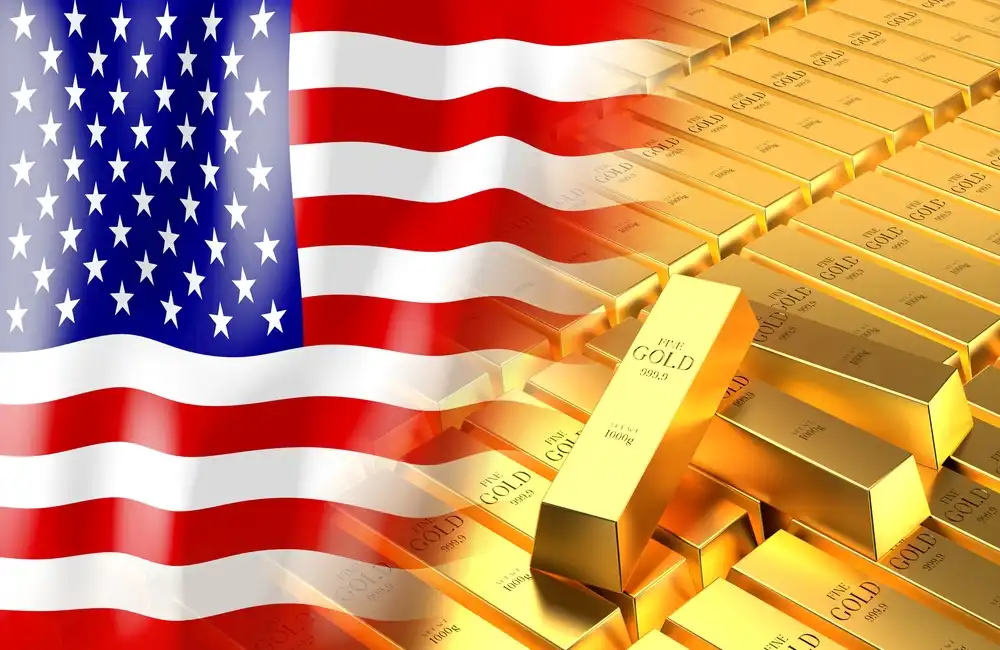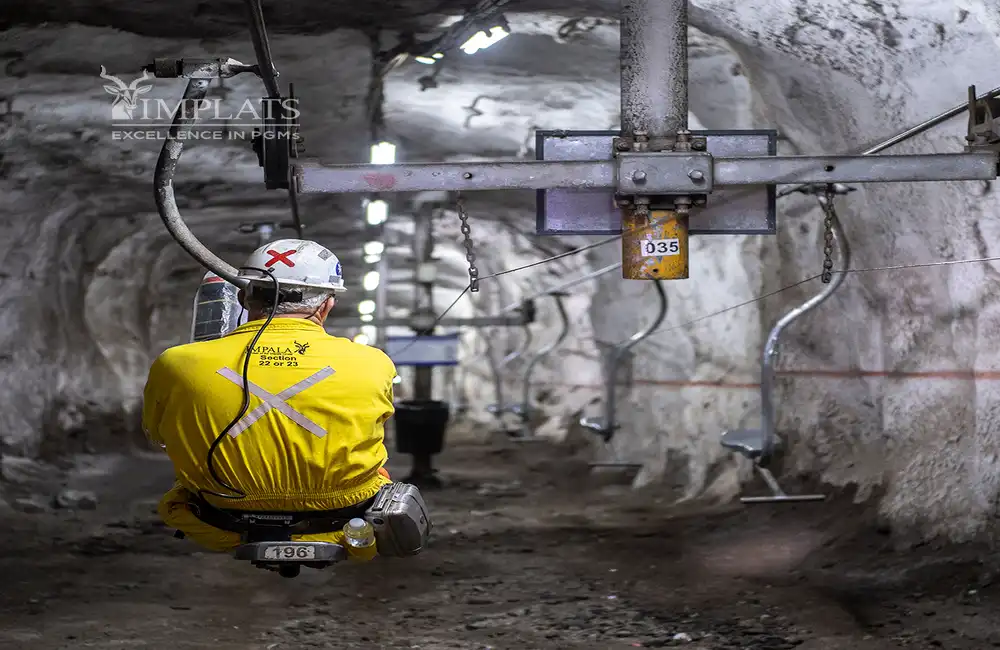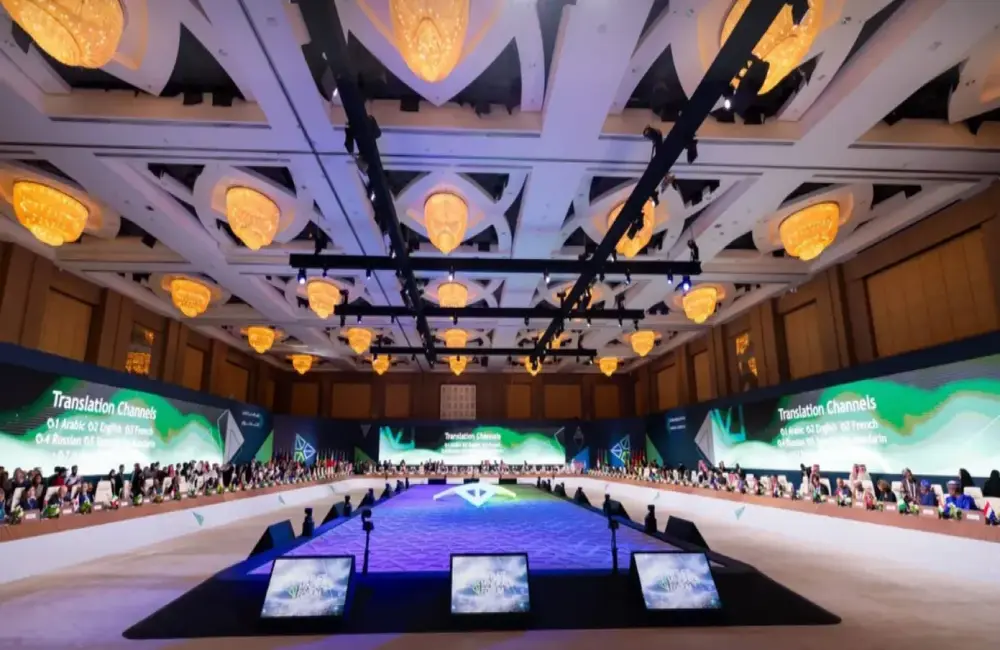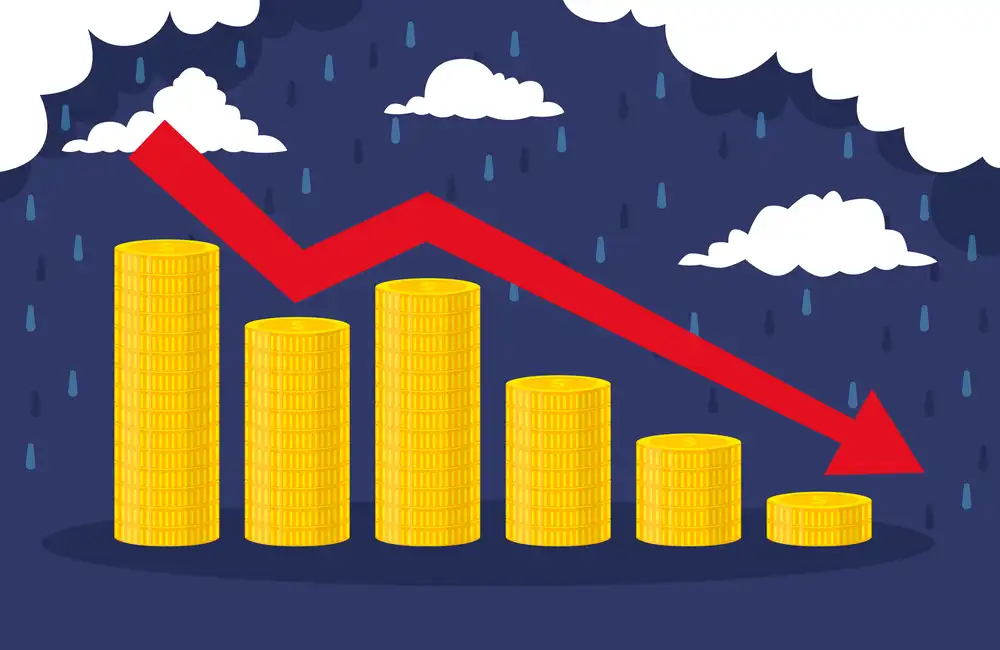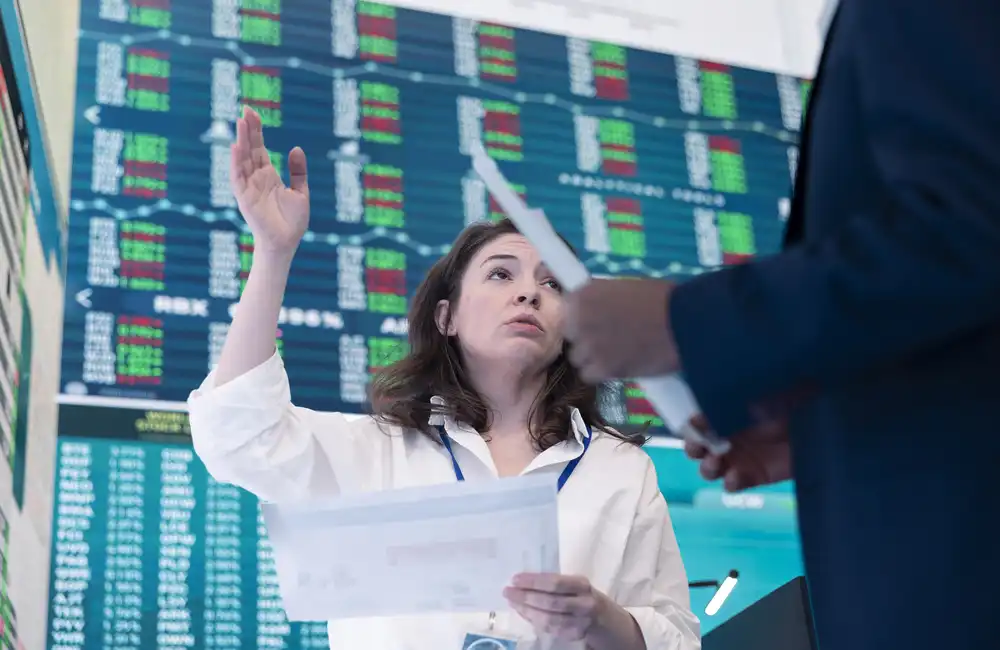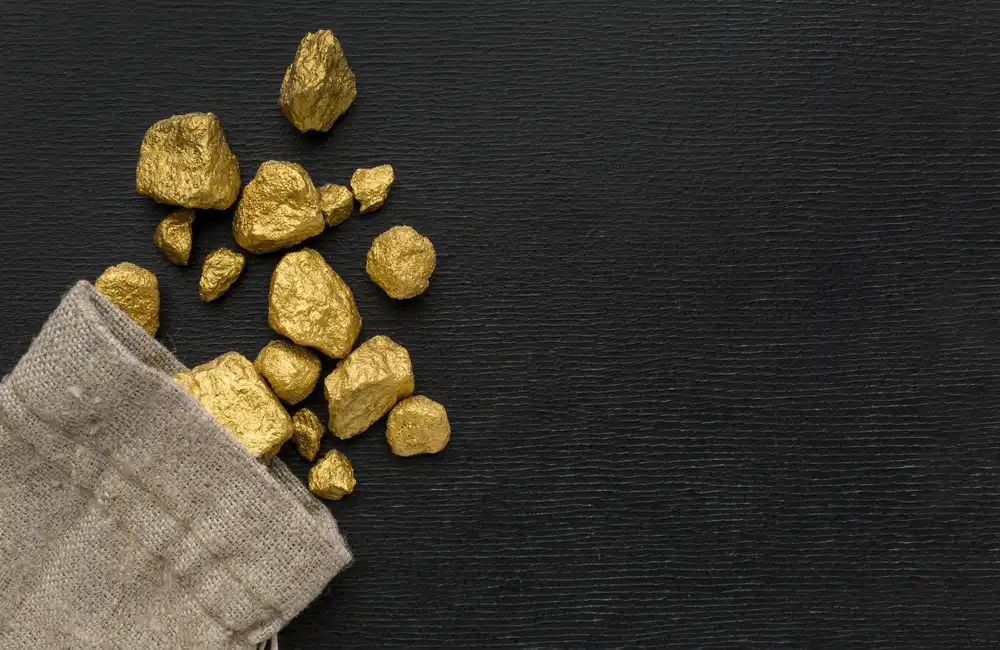Saudi Arabia can play a significant role in the supply chains of critical minerals due to the reliable and lower cost energy, optimal geological location to serve different regions, and investment-friendly climate to diversify its industries, main panelists said at the Future Minerals Forum in Riyadh and online Jan. 12.
During the panel on Sovereignty vs Globalization - Developing Resilient Critical Minerals Supply and Value Chains for a Clean Future Economy, the Hallgarten & Company strategist Christopher Ecclestone pointed out that Saudi Arabia had very deep pockets, and could simply choose to be a major manganese processor, for example.
“The country is well-positioned between Asia and Europe, and the world’s best shipping lane runs right past,” Ecclestone said. “The numbers don't take too much doing on... It's all within shipping distance, you've got possibly cheaper energy than anyone even has, so your breakeven is going to be low on doing that. You simply have to do the math and conclude this is a space worth getting into.”
Still, while there were pitfalls and a niche too deep may not always be the best way to go, Ecclestone said in some definite opportunities in large direct shipping ores and large processing, but also niche lithium processing.
“Saudi Arabia could do this on a large scale and become the place to process lithium,” he said. “Western auto manufacturers are trying to grab market share to sub in China because China has a choke-hold on the supply of lithium-ion batteries, which if they gave up sharing it could shut down most western auto manufacturers in a matter of six months,” he said.
But he said this could mean that the kingdom would have to get involved globally, in sourcing lithium deposits to be used as feed, as China’s Ganfeng and Tianqi have done in Latin America.
"Saudi Arabia should also lock in lithium supplies by purchasing salars in Argentina or Chile, and ensure it has access to the material so it cannot be blocked from that pathway," Ecclestone told the conference.
Incentives for investment
Benedikt Sobotka, chief executive of the Eurasian Resources Group, agreed that Saudi Arabia had all the ingredients to be successful.
“What the country has done well is create the right incentives for investments and be very open to investors, and that’s the right strategy, but we need to be pragmatic about the sovereignty of supply chains,” Sobotka added.
"The reality today in the energy supply chain of most of the energy metals, whether it's manganese, nickel, cobalt, lithium, zinc, or copper, is we buy metals that are made in other countries that are refined in China and then we buy them back," he said. “There’s no way this is sustainable fundamentally.
“This is where a country like Saudi Arabia can play an important role in seeking to roll back some of those energy-intensive transformation activities, and there are other ingredients that are all right here. So the country has done precisely the right thing to that,” he said.
Saudi Arabia’s Vision 2030 diversification initiative has the kingdom strengthening promising sectors and encouraging them to succeed until they become new pillars of its economy.
In mining, Saudi Arabia trees of many structural reforms in mining, like stimulation of the private sector investments by invigorating exploration, forming a complete database of its resources, renewal of the licensing processes for extraction and investments in infrastructure, development of methods of financing, and design of centers of excellence.
The matters of skills and availability of resources also were imperative, Sobotka added, at the same time that all resource-rich countries needed to work to establish a large hub around a new mine that was far beyond the initial investment, being everything from educational institutions to the transportation and logistics services to the materials transformation and training.
“It’s not just the unicorns, it’s not just the first investment, but thinking of it as a seed or catalyst for further investment and country build-up and building skills,” Sobotka said.
Stable framework required
Mining also needed a stable framework because of its long-term nature, said Warren Irwin, president and chief investment officer at Rosseau Asset Management.
“There’s a lot of successful jurisdictions out there that have had long, multi-decade successful mining industries, you just got to leave it alone,” Warren said. “Whatever happens, you need to maintain the rules and allow the mining companies to have a stable environment in which to operate, and you will do very well.”
Sobotka added that Saudi Arabia had “great potential to bring people together, not just from this area but the wider region” and the country also offered good geological potential.
“I believe that it will be really important to ensure that we create transparency around the supply chain,” he said. “ESG is important from an investor point of view, but ESG from a consumer point of view is going to be equally important, because consumers want to have choice and want to see what they are buying and who they are buying it from.”
“Countries that have a strong legacy in ESG and environmental protection and doing sustainable resource development, like Saudi Arabia, are perfectly positioned, because they’re bringing something to the table, while other countries have their non-compliant mines in the market that they can cover,” he said. “That is something that companies need to work on across the supply chain to ensure that isn’t able to happen.”


